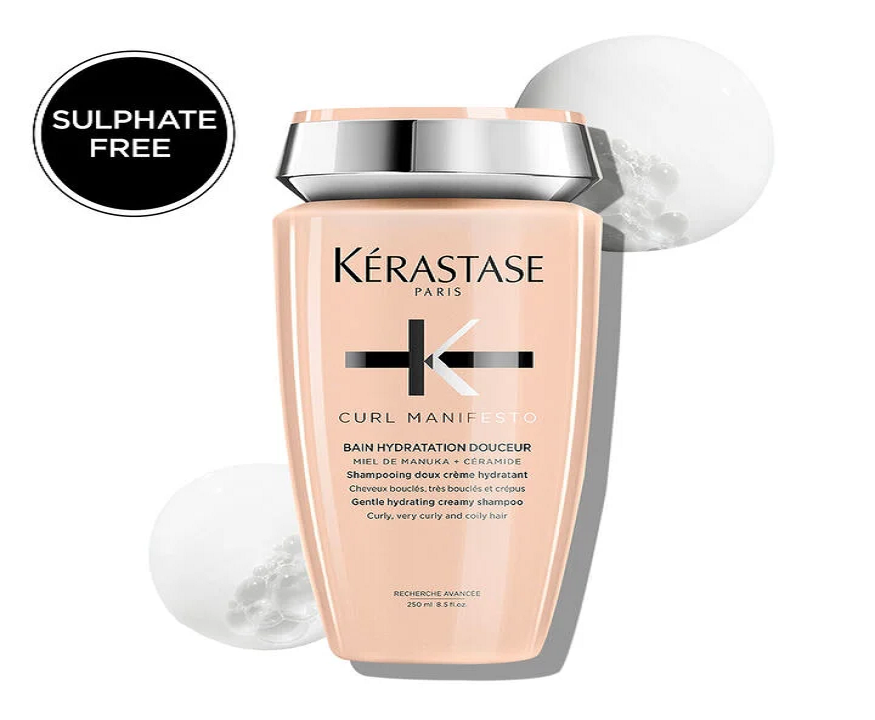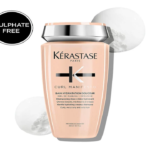Rubber goods are essential in a wide range of industries—from automotive and construction to healthcare and electronics. Whether it’s rubber seals, gaskets, hoses, or custom components, these products play a crucial role in ensuring performance, safety, and durability. However, getting high-quality rubber products is not just about picking items off a shelf. It requires expertise, precision, and the right manufacturing process.
That’s where professional rubber goods manufacturers come in. Hiring a specialized rubber manufacturer means you benefit from technical knowledge, custom solutions, and products made to meet exact specifications. Whether you need bulk production or small batches of specialized items, they can deliver reliable results.
In this article, we’ll explore 10 key benefits of hiring rubber goods manufacturers for your business or project. If you’ve been considering working with one, this list will help you understand why it’s a decision that can save you time, reduce risks, and improve product quality.
1. Customization According to Your Needs
One of the top benefits of working with rubber goods manufacturers is product customization. These professionals can create rubber components that match your exact requirements, including size, shape, thickness, and material composition.
Whether you need a specific rubber gasket for an engine or a flexible tube for a medical device, manufacturers can tailor the product design to fit your functional and operational needs. This level of precision ensures better performance and longer product life.
2. High-Quality Raw Materials
Rubber manufacturers typically use premium raw materials and adhere to industry standards. They source natural or synthetic rubber that suits the application, ensuring properties like resistance to heat, chemicals, oil, or weather are maintained.
Because quality starts at the raw material level, manufacturers are selective and strategic in choosing suppliers. This results in a final product that is reliable, safe, and durable for industrial or commercial use.
3. Cost Efficiency in Bulk Production
Hiring a manufacturer is highly cost-effective, especially when you require medium to large quantities of rubber products. They already have the necessary equipment, skilled labor, and processes in place to scale production efficiently.
By outsourcing to experts, you save on in-house manufacturing costs such as labor, machinery, maintenance, and storage. Manufacturers also optimize material usage to reduce waste, which lowers your overall production costs.
4. Advanced Technology and Equipment
Professional rubber goods manufacturers invest in the latest technology and machinery to ensure precise production and product consistency. From rubber molding and extrusion to die-cutting and compression molding, they use advanced techniques that produce uniform, high-performance parts.
This technology not only boosts productivity but also ensures your products meet tight tolerances and quality control requirements, reducing the chance of defects or failures in real-world applications.
5. Faster Turnaround Time
Time is money, especially in industries where meeting deadlines is critical. Experienced manufacturers follow streamlined production processes for carbon black used in rubber that allow them to deliver large orders quickly and efficiently.
They have dedicated teams for design, production, and quality control, which speeds up every step from prototype to final delivery. This makes them a dependable partner when you’re on a tight schedule.
6. Expert Guidance and Technical Support
Working with a rubber manufacturer gives you access to a team of engineers and material experts. They offer guidance on product design, material selection, and manufacturing processes that are best suited to your application.
This technical support is especially valuable if you’re developing a new product or trying to solve a performance issue. Manufacturers can suggest improvements, run tests, and ensure that the final rubber product works exactly as intended.
7. Strong Quality Assurance and Testing
Quality is non-negotiable when it comes to rubber goods. Manufacturers follow strict quality control procedures, including inspections and testing at various stages of production.
This may include tensile strength tests, compression set tests, temperature resistance, and aging analysis. As a result, the final product meets both client expectations and industry regulations, which is crucial for safety and functionality.
8. Compliance with Industry Standards
Rubber manufacturers stay up-to-date with global and regional standards related to materials, safety, and manufacturing practices. This is especially important for industries like automotive, aerospace, food processing, and healthcare, where compliance is mandatory.
Hiring a certified manufacturer ensures your products comply with relevant regulations. This reduces legal risks and improves market acceptability.
9. Long-Term Reliability and Partnerships
When you hire a trusted rubber goods manufacturer, you build a long-term partnership. These companies often offer ongoing support, repeat orders, design revisions, and product upgrades based on your evolving needs.
A reliable manufacturer becomes an extension of your supply chain—someone you can count on for consistency, timely delivery, and scalable solutions. This long-term relationship can help you grow your business with confidence.
10. Sustainable and Eco-Friendly Options
Today, sustainability is no longer optional, it’s a priority for many businesses and consumers alike. Modern rubber goods manufacturers are responding to this demand by adopting eco-friendly practices that help reduce environmental impact. One major step forward is the use of recycled rubber, which helps minimize landfill waste and conserves natural resources. Instead of discarding old tires or rubber scraps, these materials are reprocessed and transformed into useful products like mats, gaskets, and seals without sacrificing performance.
Additionally, manufacturers are focusing on energy-efficient production processes. By using cleaner energy sources, optimizing machinery, and reducing emissions, they lower their carbon footprint while maintaining productivity. Waste reduction is another key area—modern facilities aim to use every bit of material, minimizing leftovers and toxic byproducts.
Some progressive manufacturers even offer biodegradable or renewable rubber alternatives, catering to brands that want to stand out with green initiatives. These materials decompose more naturally over time, posing less harm to the environment.
By partnering with such manufacturers, companies can meet environmental regulations, strengthen their brand image, and appeal to eco-conscious consumers—all without compromising on product quality, safety, or durability.
Rubber goods may seem like small components, but their impact on machinery, systems, and safety is huge. Whether you’re running a factory, building medical equipment, or developing consumer products, choosing the right rubber manufacturer can make all the difference.
From high-quality materials, carbon black filled HDPE, and advanced technology to expert guidance and timely delivery, the benefits are clear. You not only get reliable, customized products but also reduce risks, control costs, and meet industry standards with ease. So instead of struggling with generic suppliers or making in-house compromises, hire a professional rubber goods manufacturer.













